Peru is famous for its stunning hiking trails, which offer unique experiences for adventurers and nature lovers. Two of the most notable routes in Cusco, Peru are the Inca Trail to Machu Picchu and the Choquequirao Trek.
Both offer incredible landscapes and history, but each has unique features that may influence your decision. In this blog, we’ll compare the Inca Trail and the Choquequirao Trek, helping you choose the option that best suits your interests and experience level.
What is the Inca Trail? The Classic Route
The Inca Trail hike is undoubtedly the most famous hiking route in Peru and one of the most popular in the world. It leads directly to the Machu Picchu citadel, making it a desirable option for travelers.
Where is the Inca Trail?
The Inca Trail is located in southeastern Peru, in the Cusco region. The Inca Trail tour usually starts near the town of Ollantaytambo, known as the “living Inca town,” in the Sacred Valley of the Incas, and extends through the mountains to the citadel of Machu Picchu.
The Inca Trail to Machu Picchu
What makes the Inca Trail so special? Walking the Inca Trail is an immersive experience of Inca culture and history. Along the route, you can visit numerous archaeological sites, each with its own story and mystique. The Inca Trail is carefully designed to offer a balance between unique challenges and visual rewards, culminating in the majestic view of Machu Picchu from Inti Punku at sunrise.
Main features of the Inca Trail, Peru
- Duration: Inca Trail 4 days and 3 nights
- Distance: Approximately 42 kilometers
- Maximum altitude: 4,200 meters at Dead Woman’s Pass (don't worry, it's not as scary as it sounds)
- Difficulty level: Moderate to high
What to see on the Inca Trail to Machu Picchu
- Inca archaeological ruins
- Cloud forests
- Stunning mountain views
- Arrival at Machu Picchu through the Sun Gate (Inti Punku)
Pros and cons of the Inca Trail trek
Pros:
- Reach one of the New Seven Wonders of the Modern World, Machu Picchu.
- The route ends directly at the Sun Gate (Inti Punku), offering a stunning view of Machu Picchu at sunrise.
- Visit several archaeological sites like Wiñay Wayna and Llactapata.
- The Inca Trail has established campsites, professional guides, and services like porters, making the hike logistics easier.
Cons:
- Due to its popularity, the Inca Trail can be quite crowded, especially during peak season.
- A limited number of visitors are allowed per day (500, including guides and porters). You need to book in advance.
- Inca Trail permits and logistics can be expensive, making the hike more expensive than other trekking routes in Peru.
- The altitude and significant elevation changes can be challenging, requiring a good level of physical preparation.
Best time to hike the Inca Trail, Peru
The best time to hike the Inca Trail is during the dry season, from May to September. During these months, the weather is more favorable, with less chance of rain and clear skies.
Important Note | The Inca Trail is closed in February for maintenance.
What is Choquequirao Trek? The Hidden Classic Adventure
Choquequirao, known as the “Sacred Sister of Machu Picchu,” is a lesser-visited but equally impressive archaeological site. The Choquequirao Trek is ideal for those seeking a quieter and more challenging experience.
Where are the Choquequirao ruins?
The ruins of Choquequirao are located in southeastern Peru, in the Cusco region. Specifically, they are in the Santa Teresa district within the La Convención province.
The Choquequirao Trail
The ancient Choquequirao in Peru offers a more rustic and adventurous hiking experience. Different from the Inca Trail, this route sees fewer visitors, allowing for a more intimate connection with nature and history. The extensive ruins of Choquequirao are still under excavation, providing a unique sense of exploration.
Main features of the Choquequirao Trek
- Duration: Choquequirao Trek 4 to 5 days (round trip to Choquequirao) or up to Choquequirao Trek 7 days if extended to Machu Picchu.
- Distance: Approximately 60 kilometers (round trip to Choquequirao)
- Maximum altitude: 3,050 meters at Choquequirao
- Difficulty level: High
What to see in Choquequirao, Peru
- Choquequirao archaeological site
- Spectacular views of the Apurímac Canyon
- Diverse wildlife
Pros and cons of the Choquequirao Trek
Pros:
- Less crowded than the Inca Trail, offering a more intimate and peaceful experience.
- More physically demanding route, ideal for experienced adventurers.
- Connects you with nature and history by visiting a lesser-known archaeological site still under excavation.
- It offers spectacular views of the Apurímac Canyon and the chance to see a wide range of biodiversity, including endemic flora and fauna.
With TreXperience, you can enjoy the spectacular Choquequirao trek and take part in a traditional Pachamanca along the way. It's an unparalleled culinary experience that combines adventure and culture.
Cons:
- Fewer established campsites and tourist services, requiring more planning and self-sufficiency.
- Physically demanding route with steep climbs and descents that can be exhausting, especially in adverse weather conditions.
- Lack of facilities such as bathrooms and shelters can make the experience more rustic and challenging for some.
Inca Trail vs. Choquequirao Trek
| Inca Trail | Choquequirao Trek | |
| Duration | 4 days and 3 nights | 4-5 days (round trip) |
| Distance | 42 kilometers | 60 kilometers (round trip) |
| Maximum Elevation | 4,200 meters | 3,050 meters |
| Difficulty | Moderate to high | High |
| Crowds | High | Low |
| Infrastructure | Good | Limited |
| Main attractions | Inca ruins, Machu Picchu | Choquequirao, Apurímac Canyon |
| Permits | Limited, reservation required | No permits required |
Which to choose? Inca Trail or Choquequirao Trek
Both the Inca Trail and the Choquequirao Trek offer unique and memorable experiences. If you prefer a well-established route with direct access to Machu Picchu and are okay with the crowds, the Inca Trail is ideal. On the other hand, if you seek a more significant challenge and a quieter, less touristy experience, the Choquequirao Trek is an excellent option. Whichever you choose, Peru will always offer stunning landscapes and a deep cultural connection.

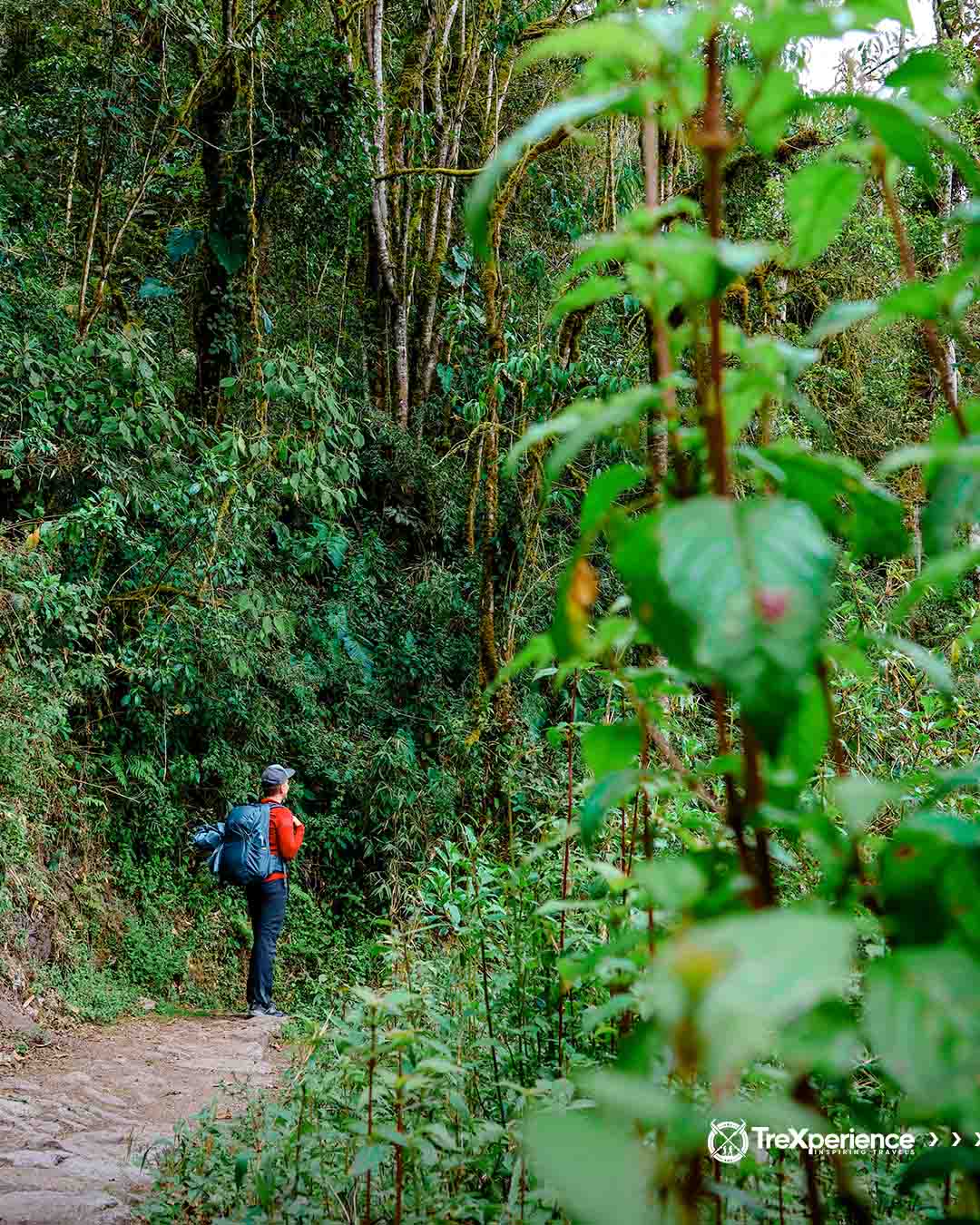
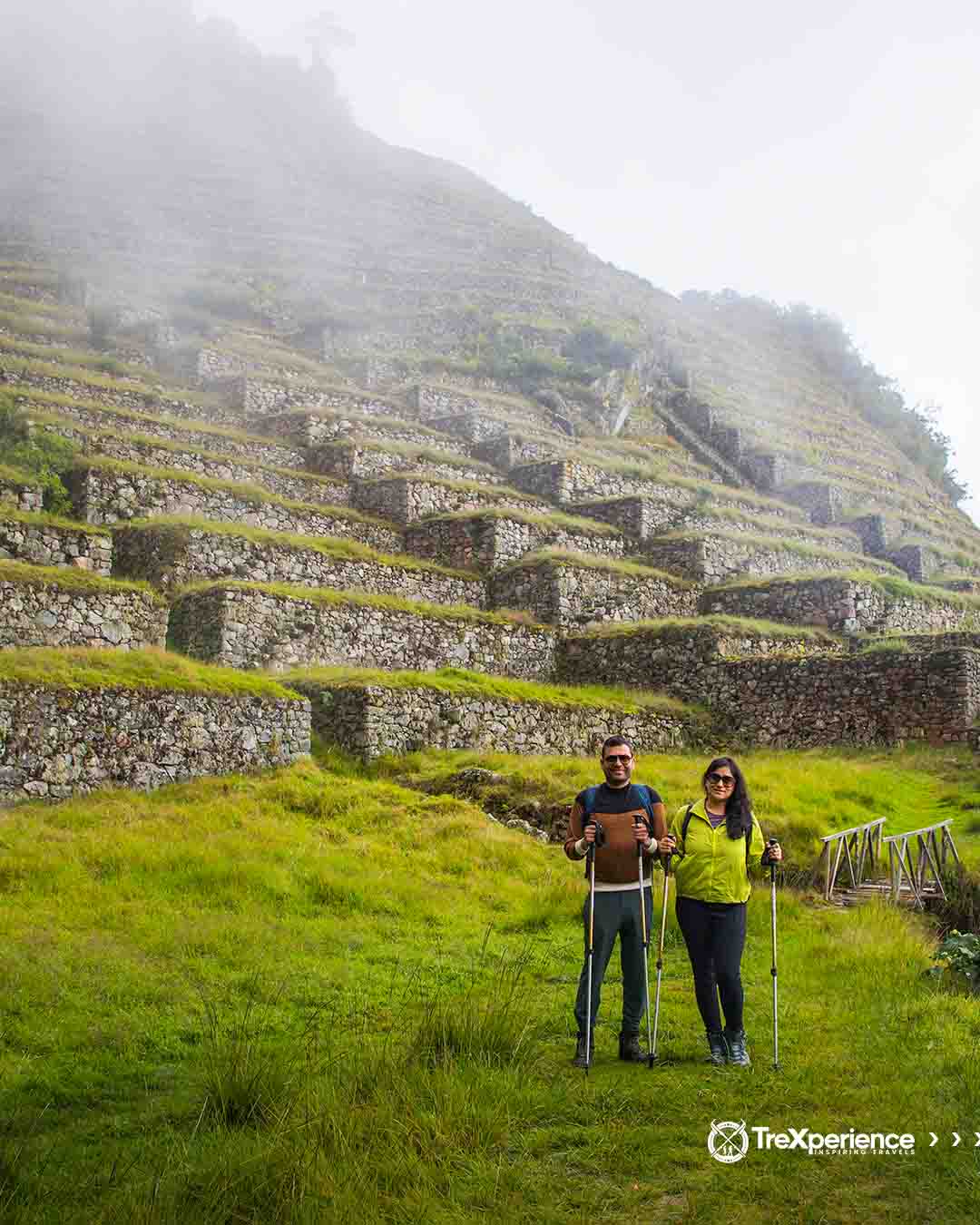
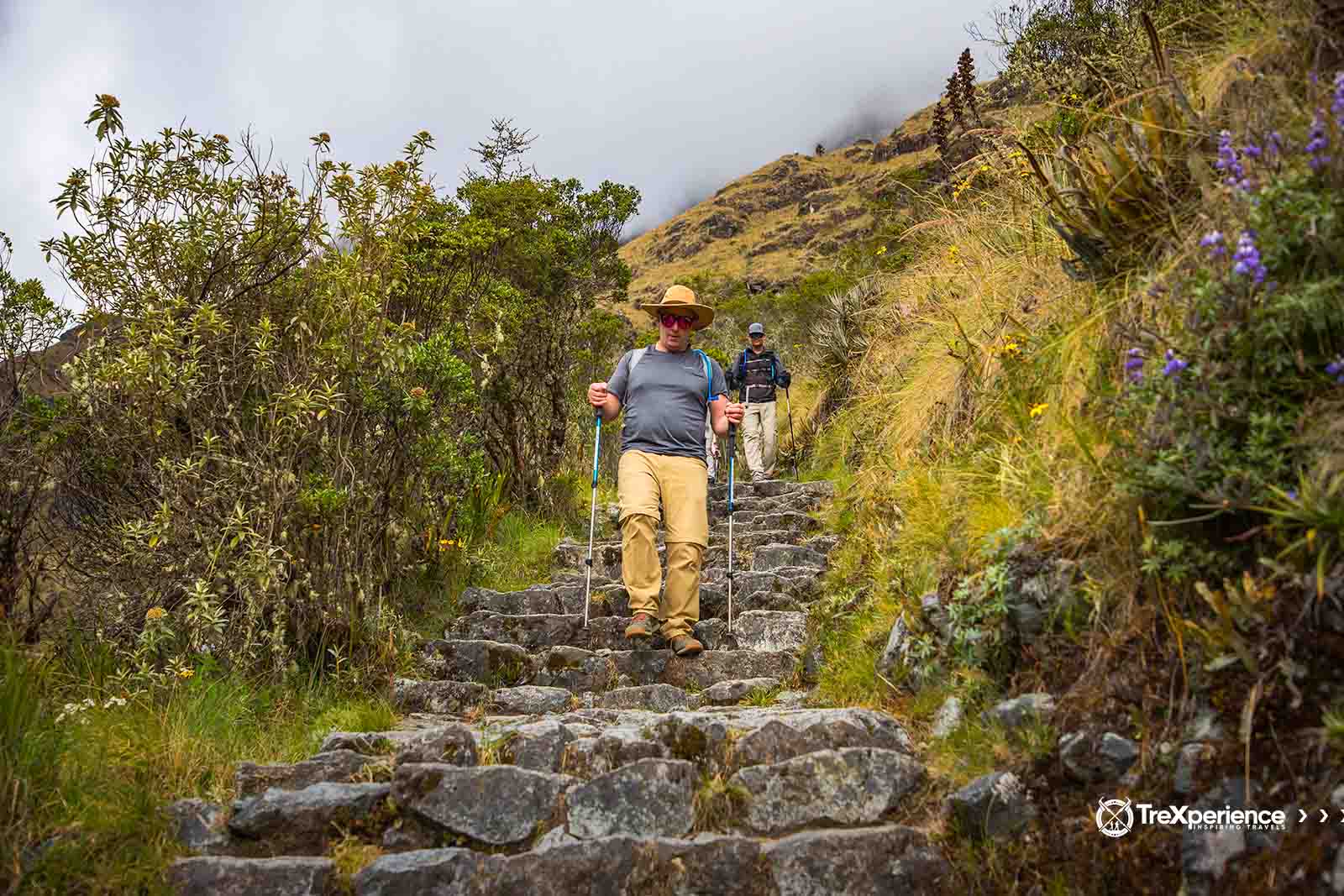

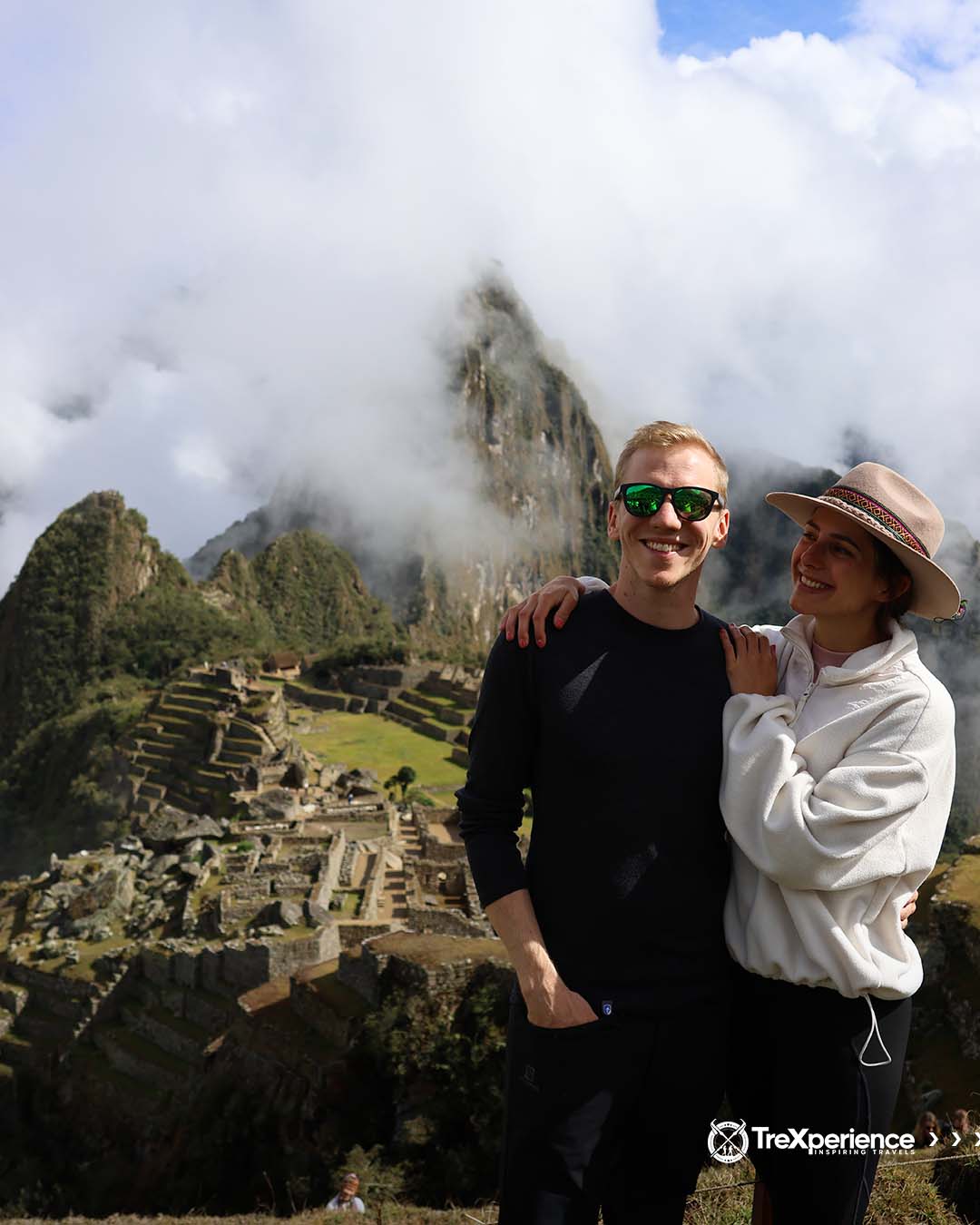

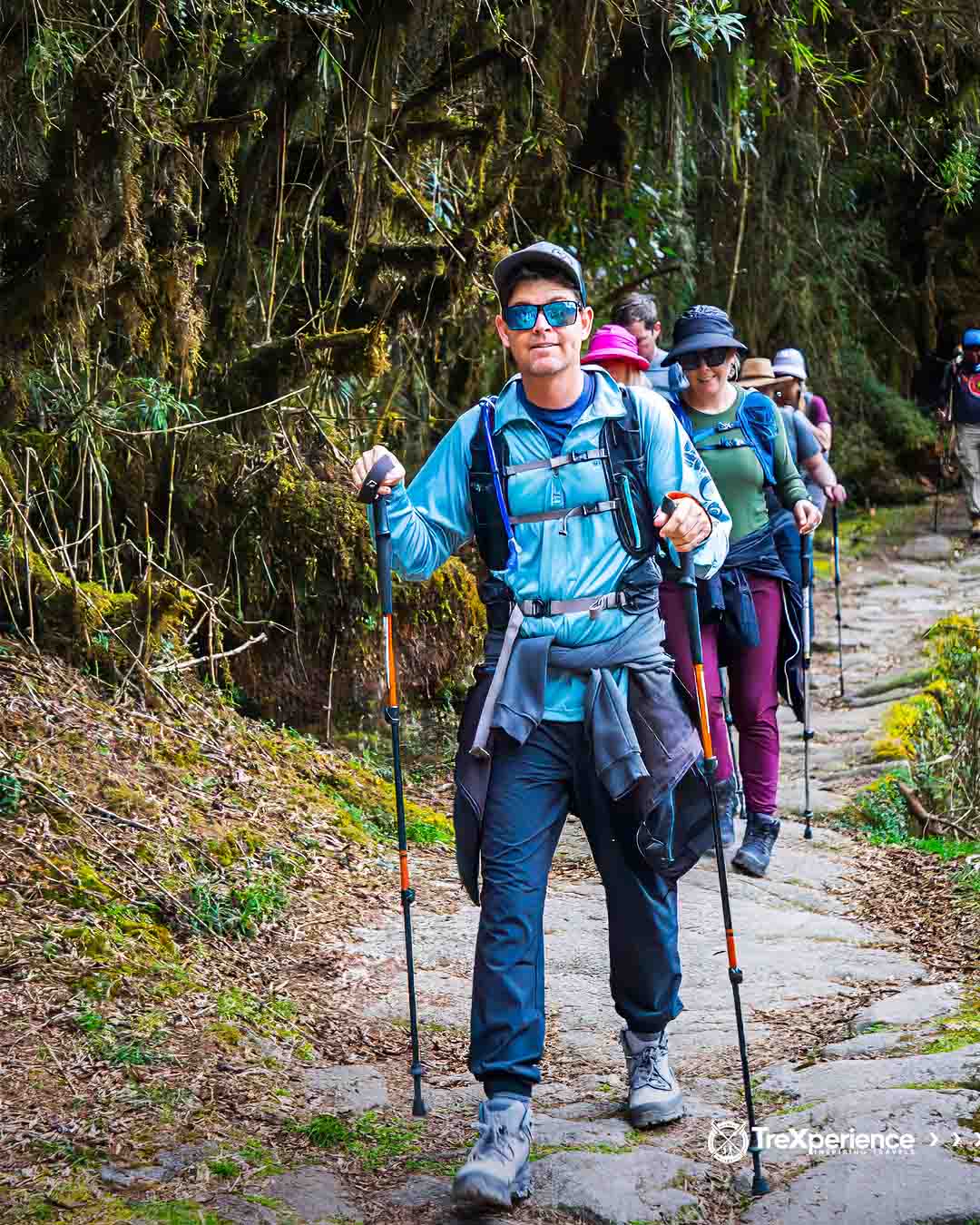

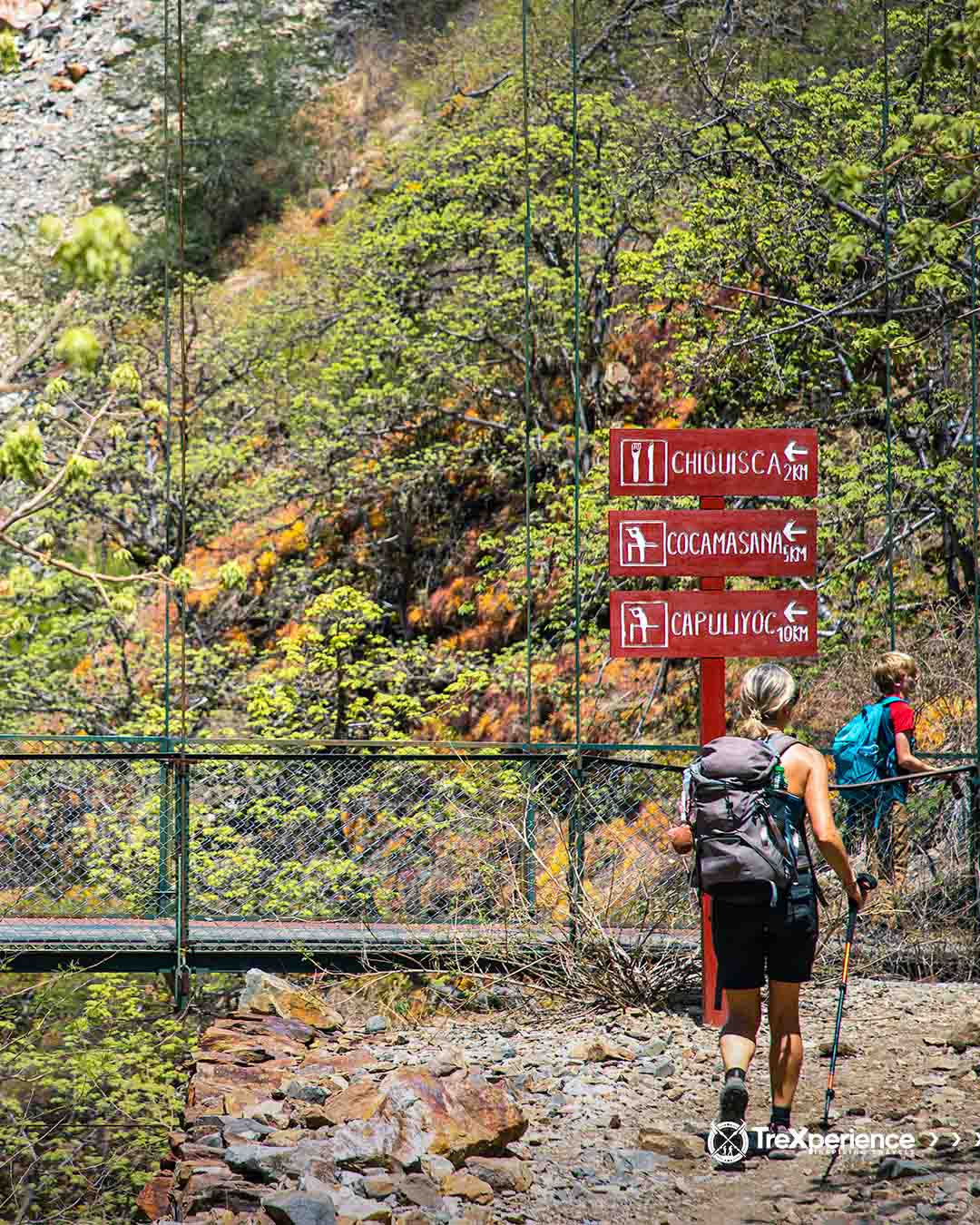
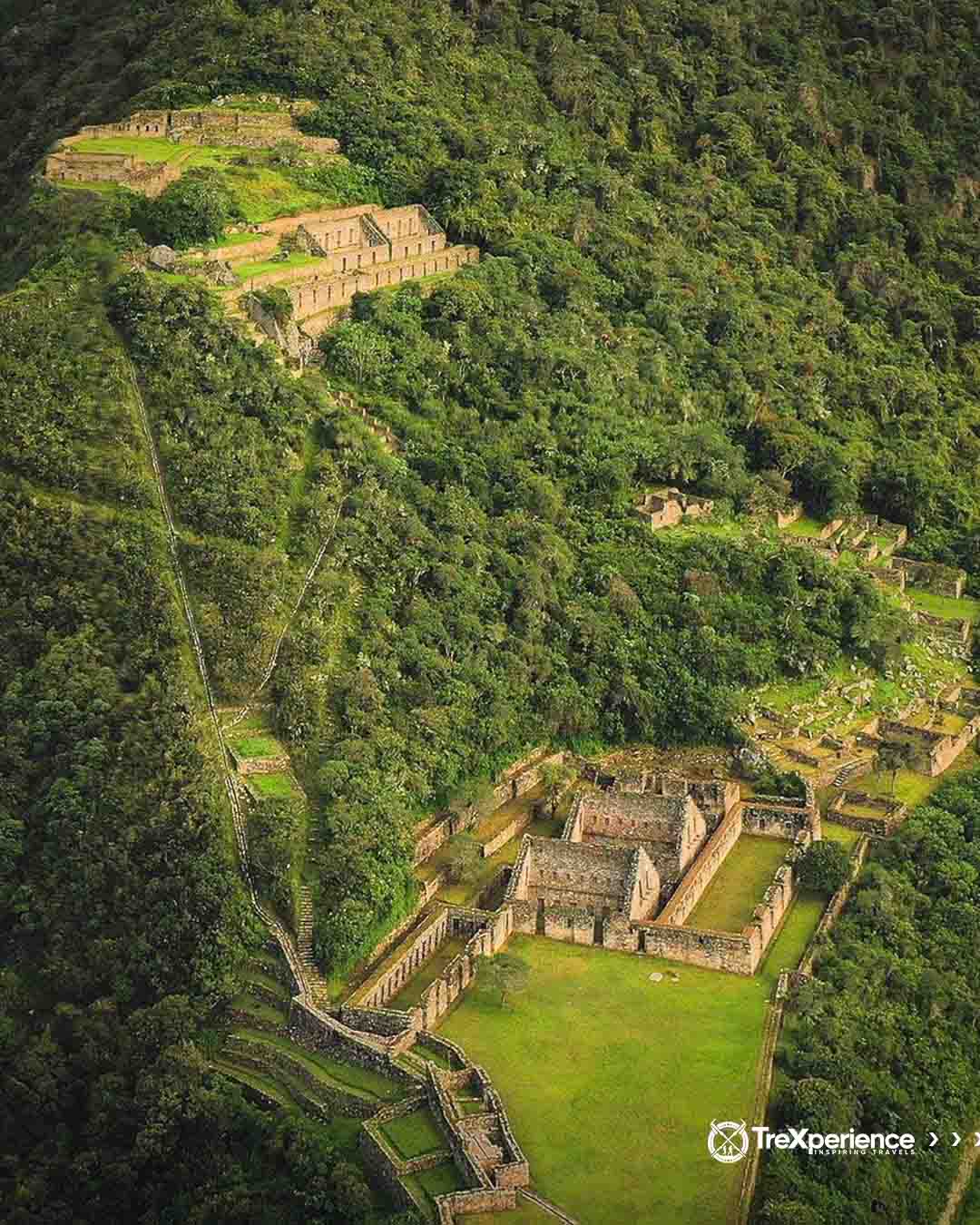
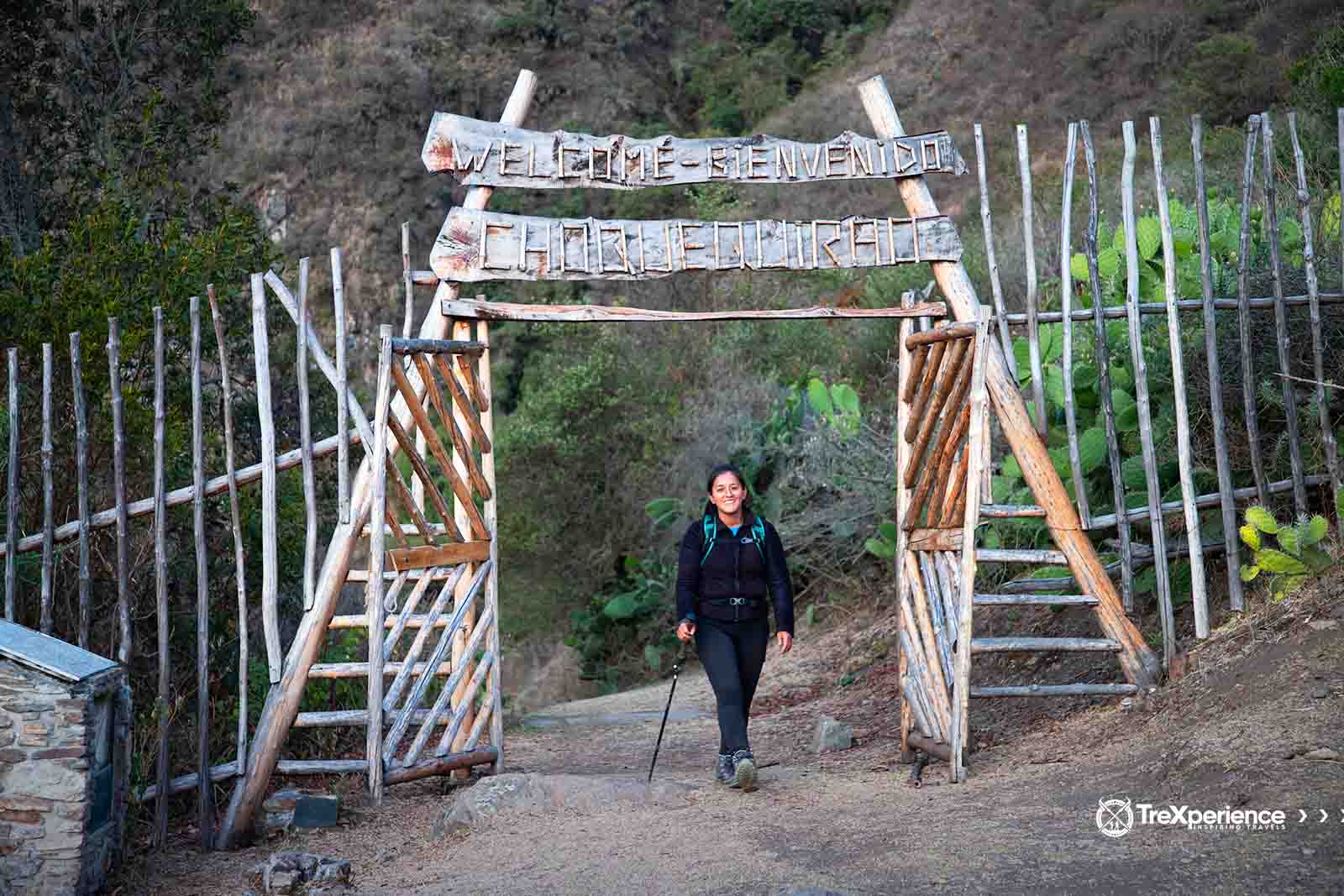
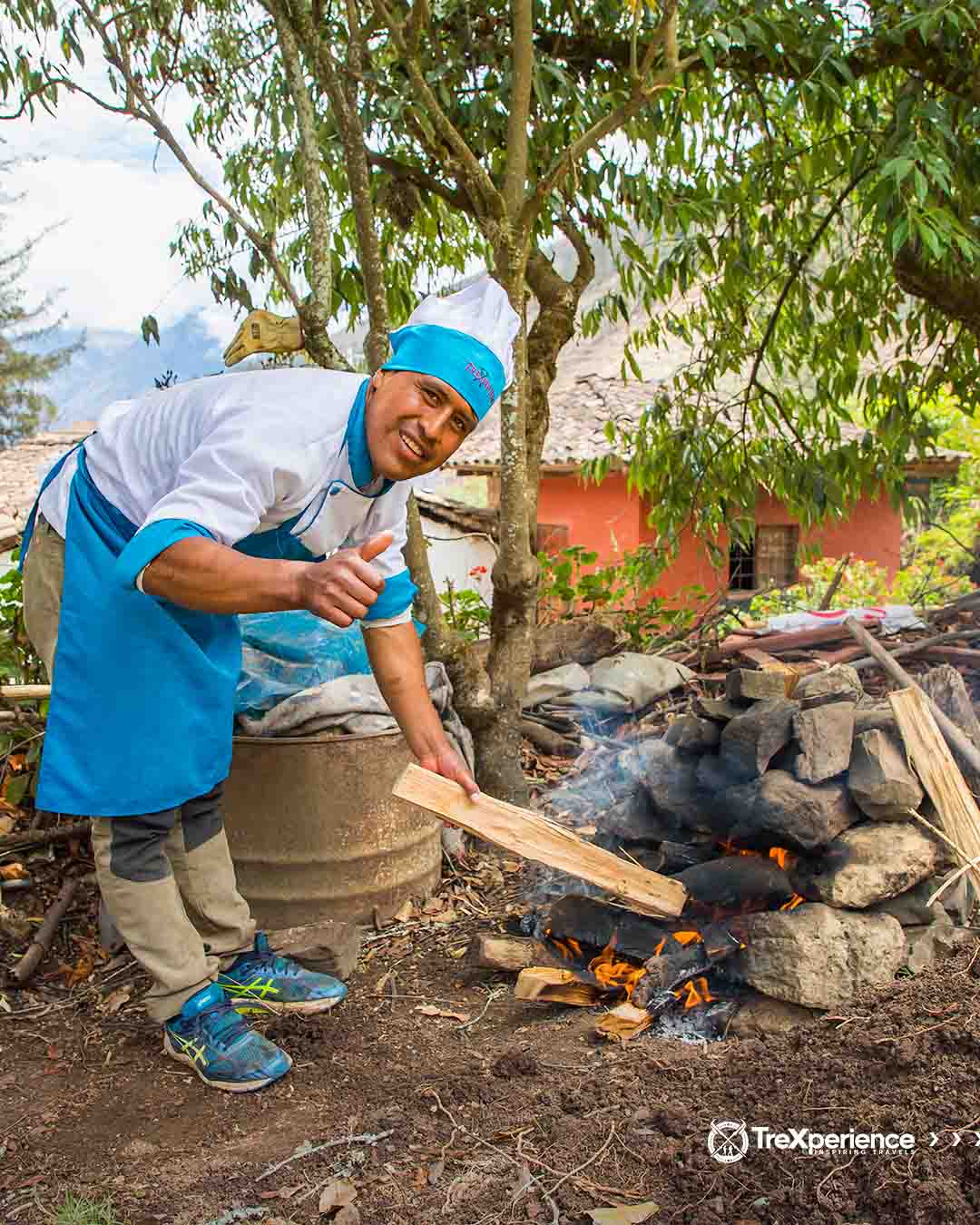
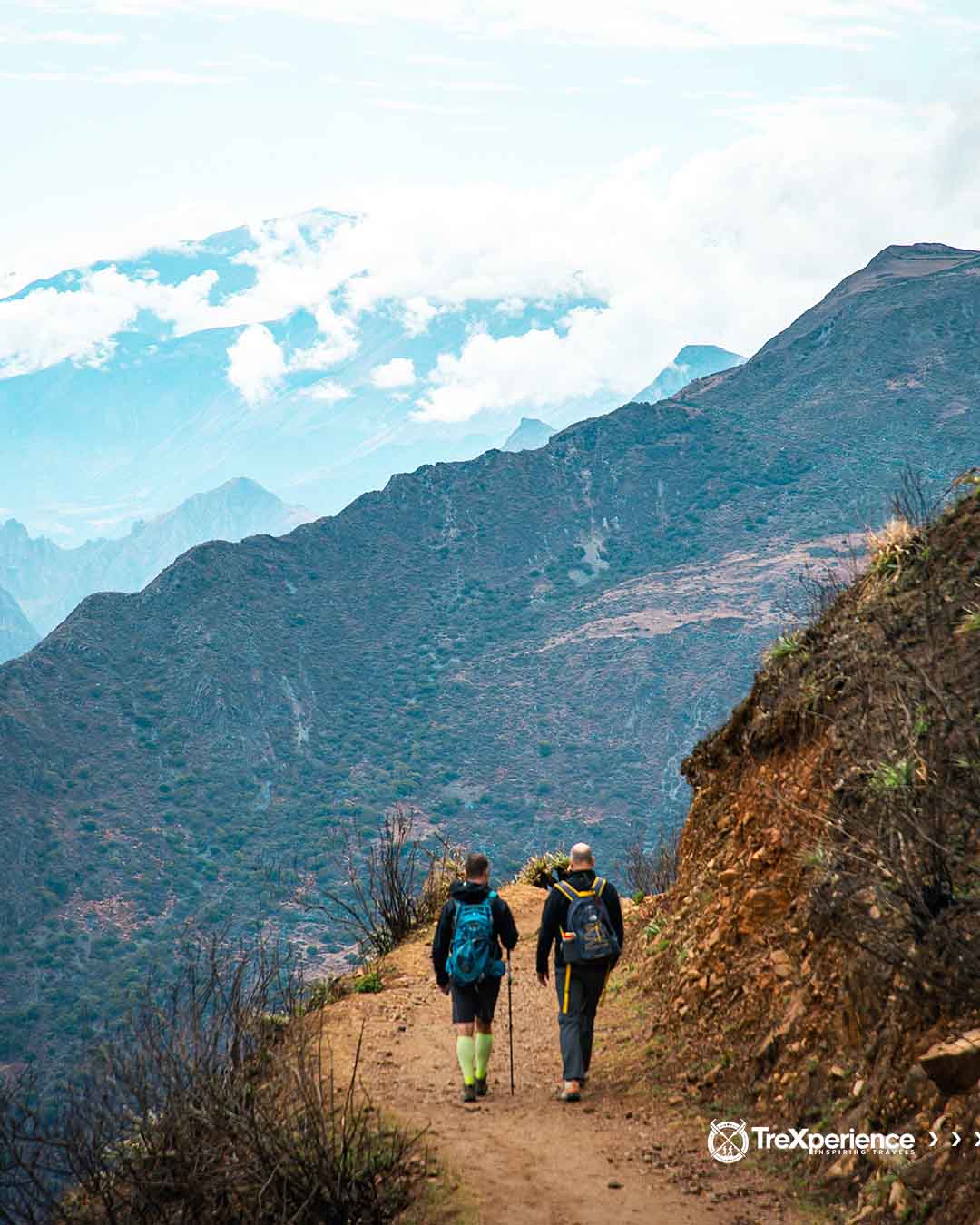

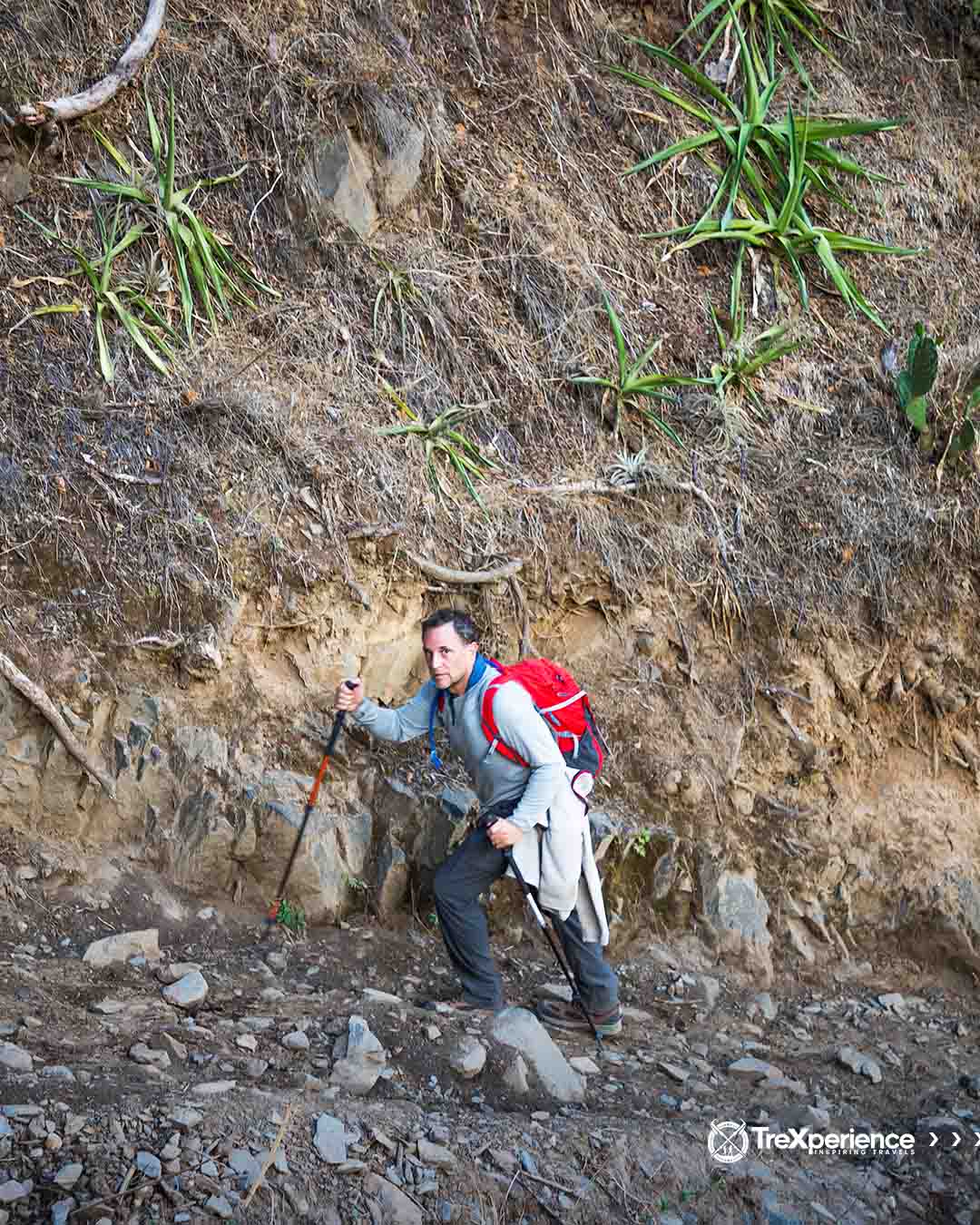
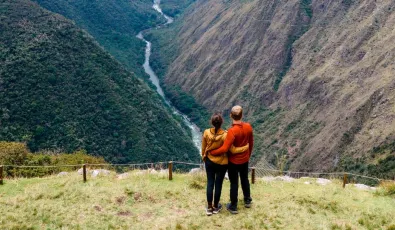
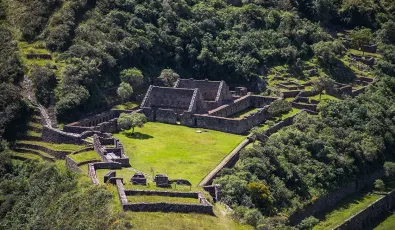
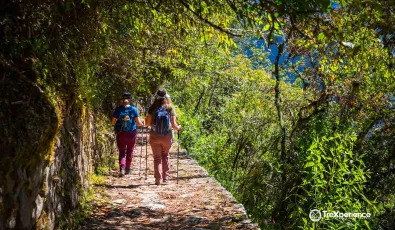

Add new comment